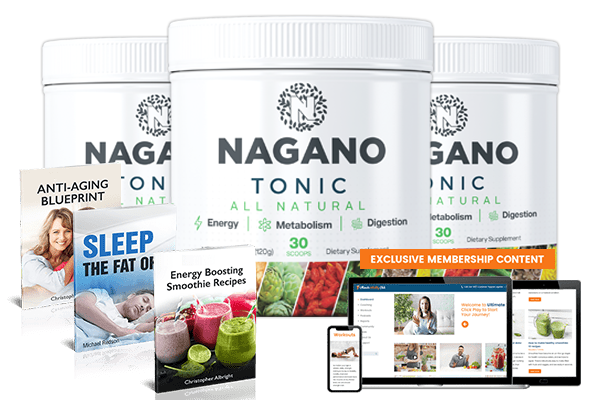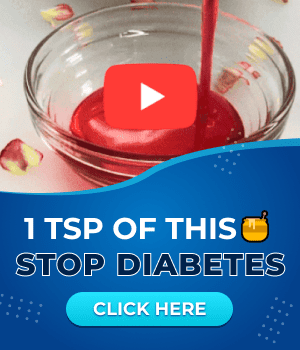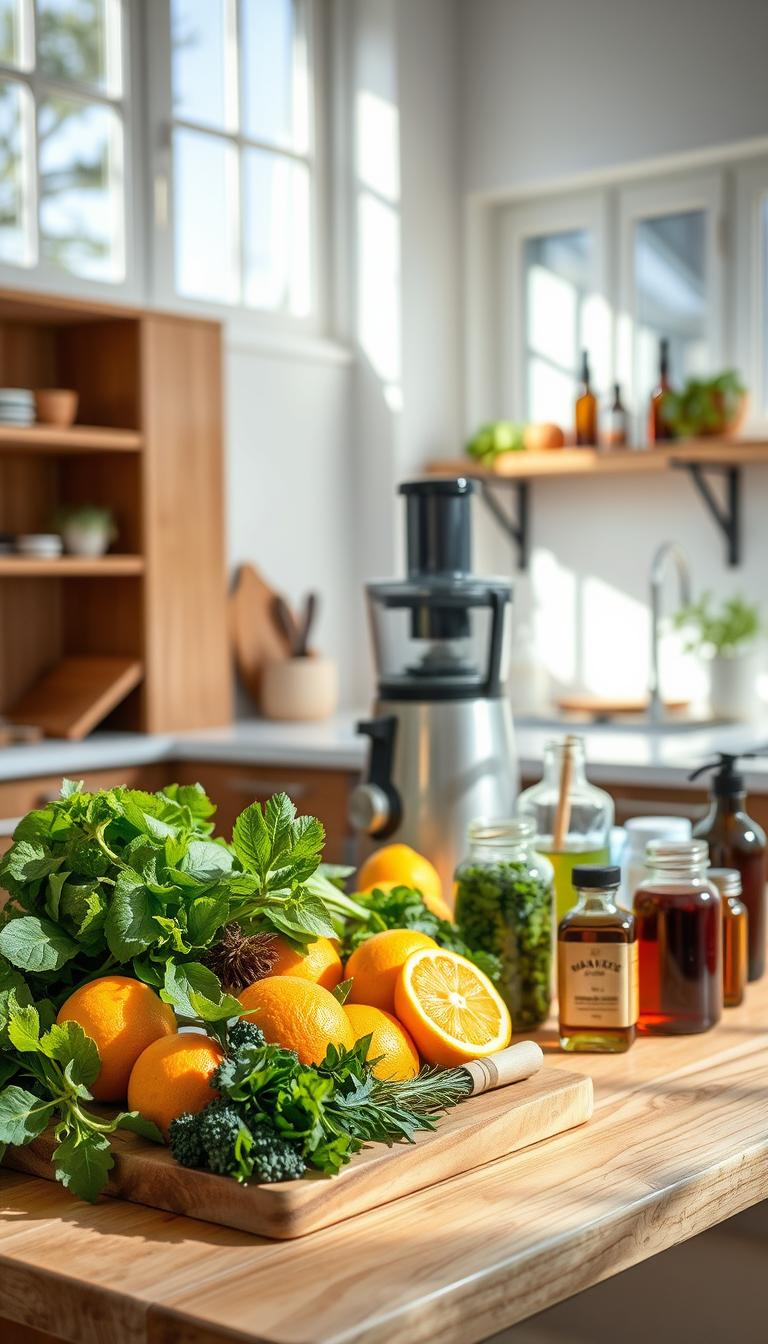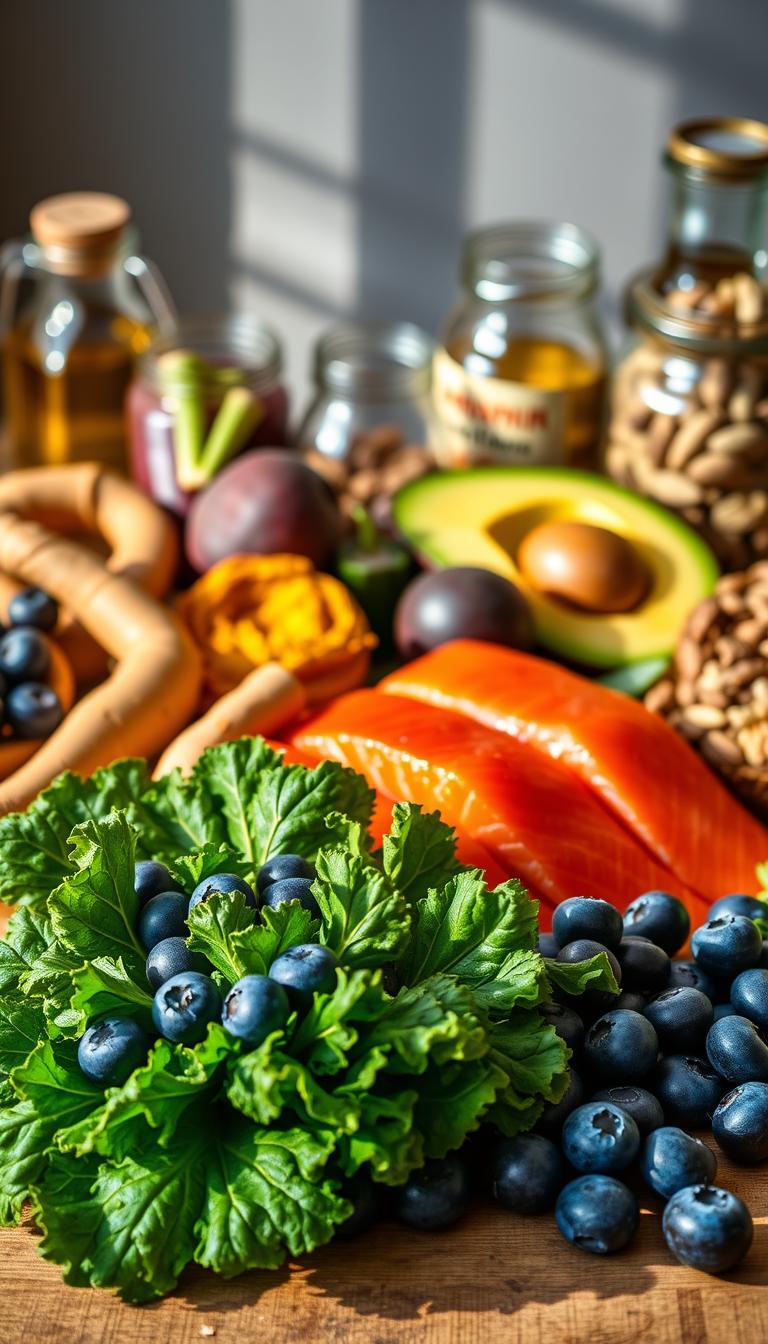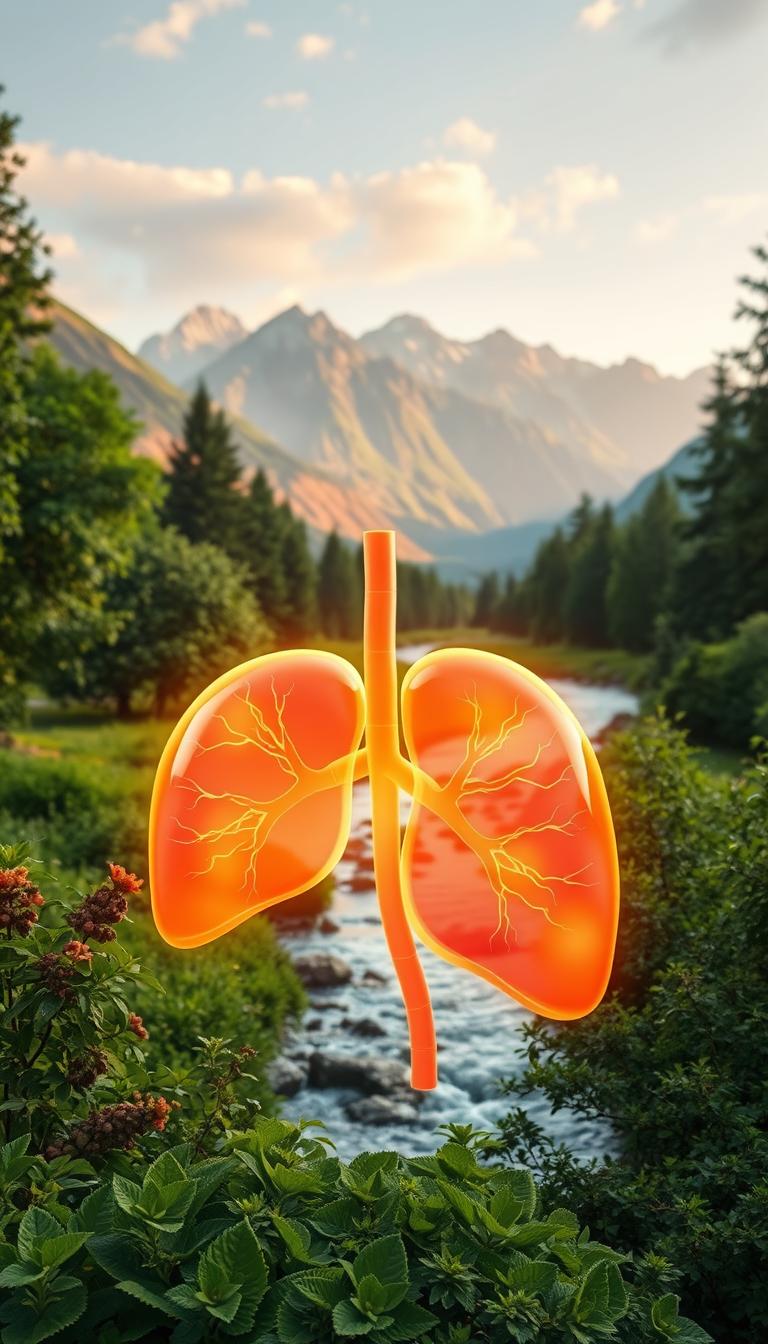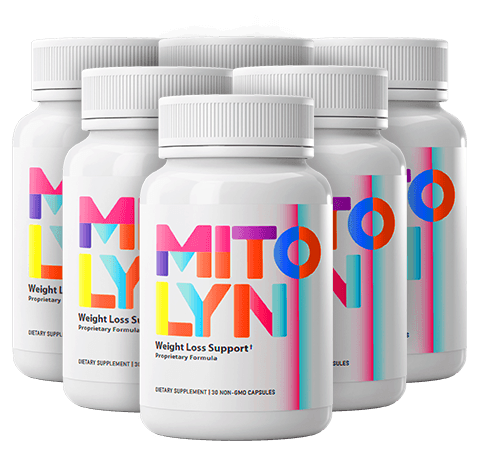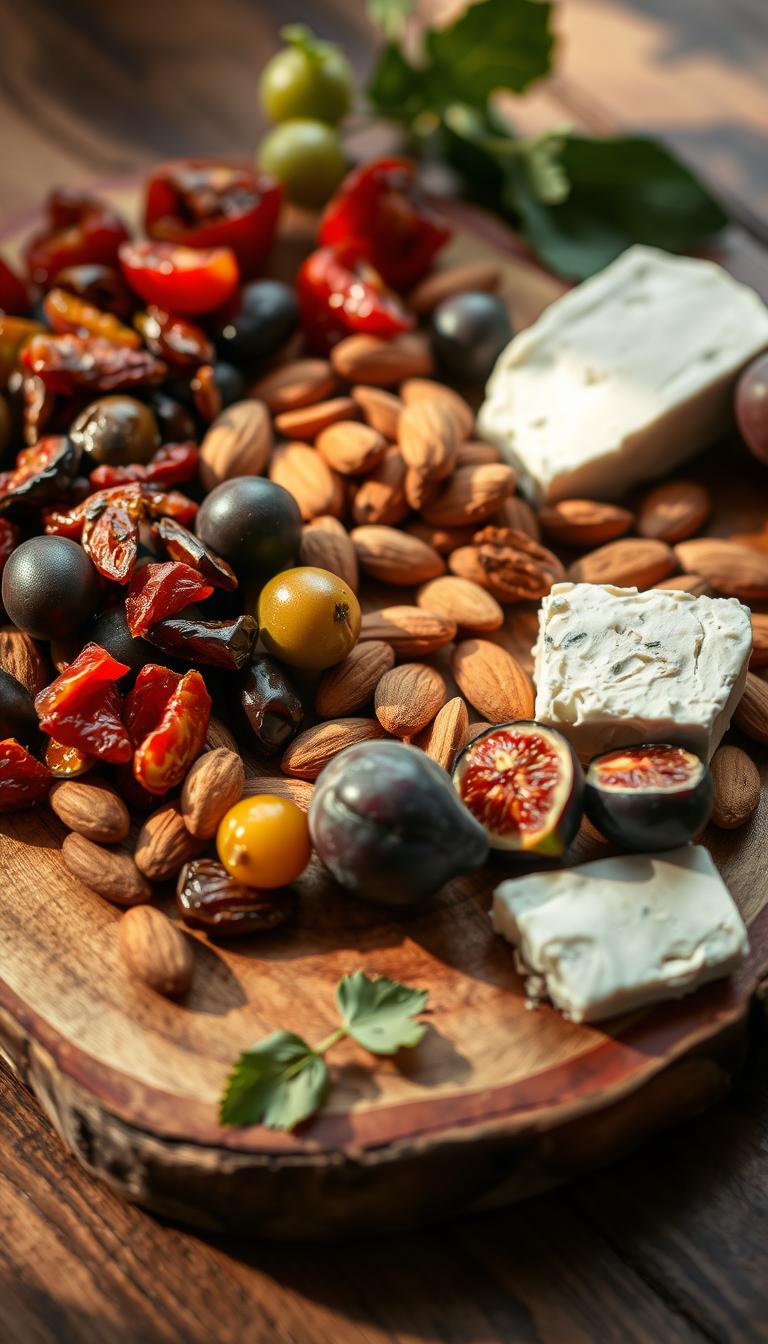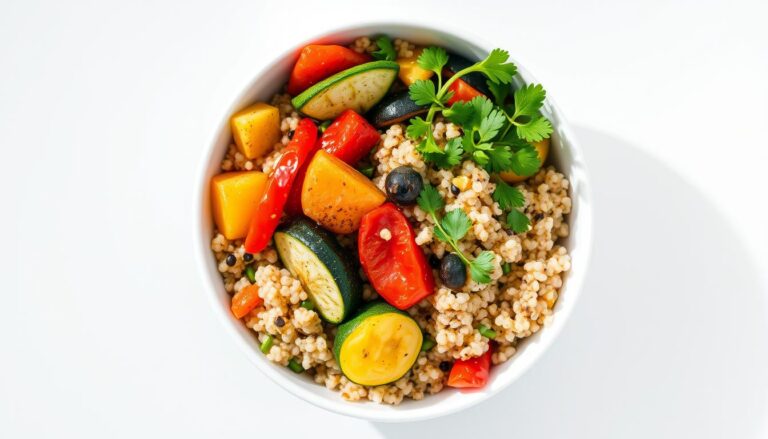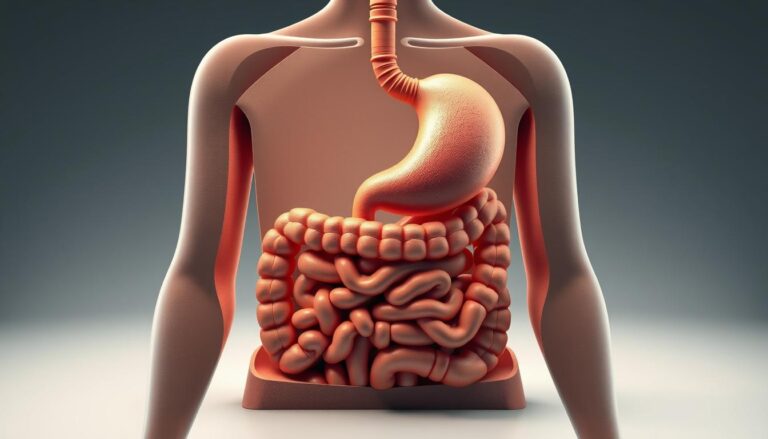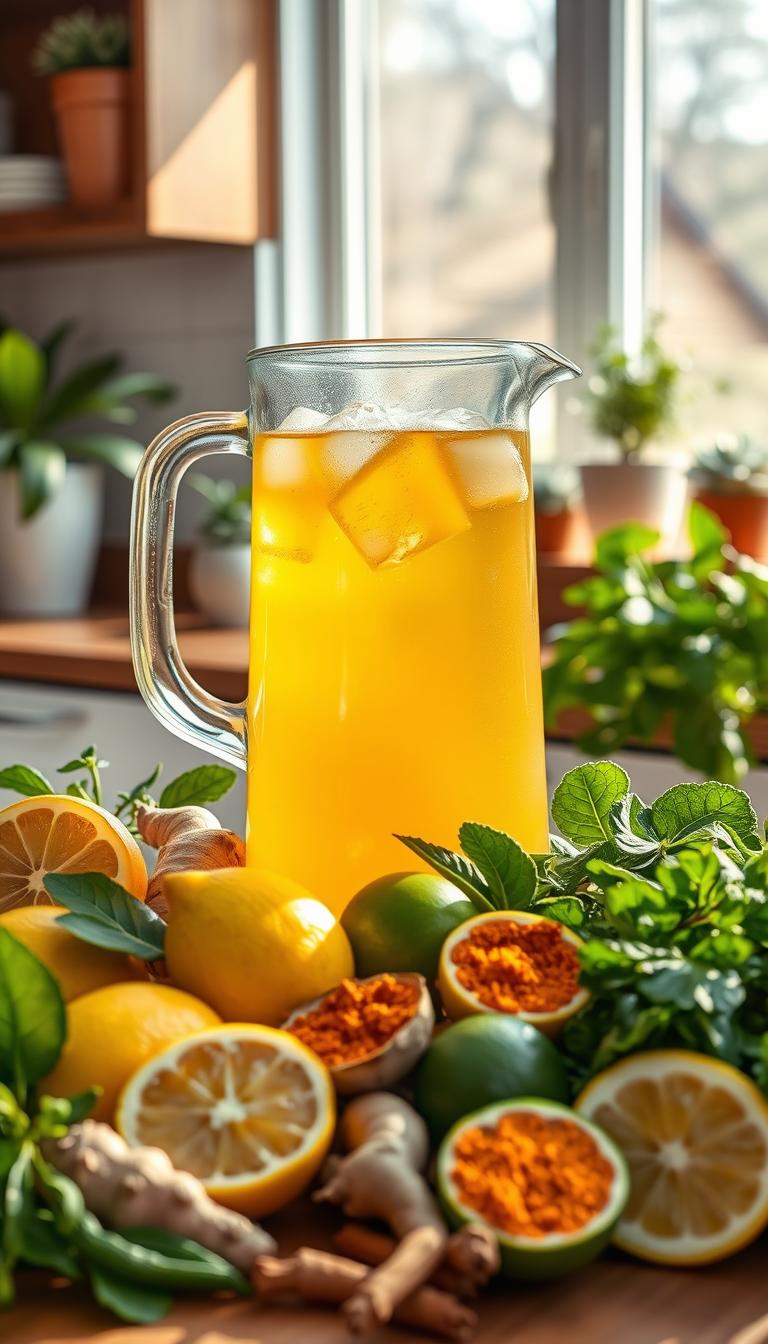
Imagine waking up feeling tired, with brain fog, or no energy. Your liver works hard every day. It filters toxins, processes nutrients, and boosts your immune system. But, it faces a lot of challenges from processed foods, alcohol, and toxins in the air.
Many people are trying liver cleanses to help their liver. But what does it really need?
Your liver is like a silent protector in your body. But it can get tired. Liver cleanses are everywhere, but science says they don’t fix damage. Experts say real help comes from drinking in moderation, eating right, and staying healthy.
Your liver needs real care, not quick fixes. Let’s find out how to help it.
Key Takeaways
- Your liver performs over 500 functions, including detoxifying blood and managing nutrients.
- Liver cleanses aren’t proven to treat damage, but lifestyle changes can protect this vital organ.
- Excess alcohol, poor diets, and even some herbal supplements can strain liver health.
- Maintaining a BMI between 18–25 reduces risks for nonalcoholic fatty liver disease.
- Modern studies warn about rising liver injuries linked to dietary supplements and herbal extracts.
What is a Liver Cleanse?
Your liver does a lot, over 500 tasks every day. It filters toxins and processes nutrients. A natural liver detox helps it do these jobs better. It’s like a reset for your body.
Understanding the Liver’s Role in Detoxification
Your liver has a two-step way to get rid of toxins. It breaks down harmful stuff first. Then, it mixes it with water to get rid of it.
But, too much bad stuff can slow it down. A cleanse helps it work better. This can make your skin clearer, give you more energy, and reduce swelling.
Types of Liver Cleanses
- Juice-Based Cleanses: Use green juices and herbal teas to cut down on toxins.
- Herbal Support: Supplements like milk thistle or dandelion root can help detox.
- Elimination Diets: Avoid alcohol, sugar, and processed foods to ease the liver’s work.
- Short Fasts: Short water or broth fasts let the liver rest before adding healthy foods back in.
Pick a cleanse that works for you, but talk to a doctor first. A good plan helps your body work better.
Benefits of a Liver Cleanse
Your liver works hard every day, filtering blood and helping with metabolism. Even though studies on detox products are mixed, some benefits might come from eating better. This means less processed foods and alcohol, which is good for your liver.
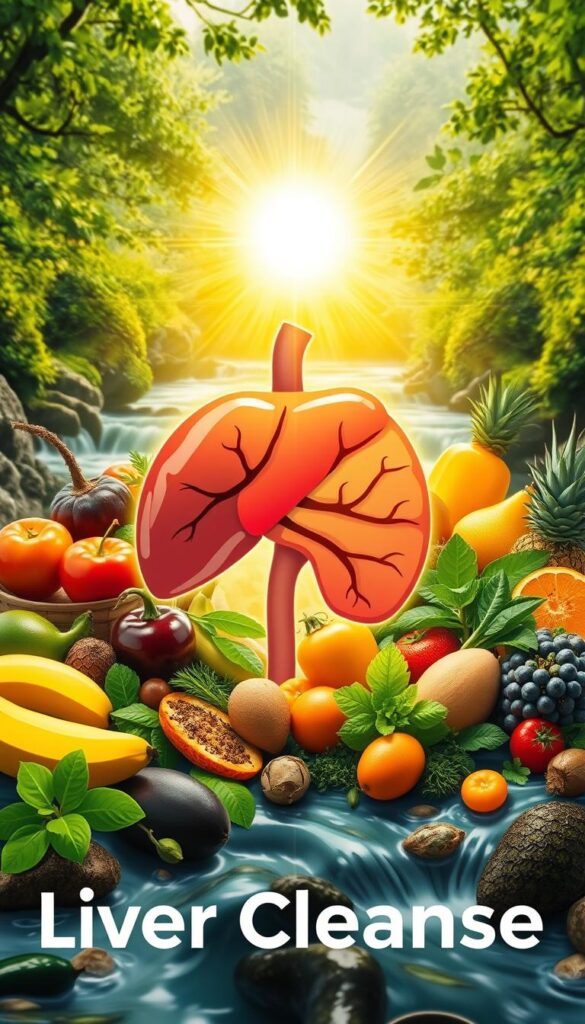
No scientific studies have shown that liver cleanse and detox drinks are effective. Claims about these products are often marketing gimmicks or based on anecdotal evidence.
Improved Digestion
By cutting out processed foods, your liver gets a break. This can help with bloating and make digestion better. Many people notice less gas, cramps, or bowel issues after eating less refined sugars and fried foods.
Enhanced Energy Levels
Your liver turns nutrients into energy. So, eating cleaner might help fight fatigue. A diet full of greens and water can make you feel more alive. Some studies suggest turmeric and milk thistle supplements help too, but results vary.
Better Skin Health
A stressed liver might push toxins through your skin, causing acne. Cleanses that focus on hydration and antioxidants (like berries or leafy greens) might make your skin clearer. This fits with the liver’s role in filtering substances that affect your skin.
Even though some cleanse claims are too good to be true, simple changes can help. Eating whole foods and staying hydrated supports your body’s natural detox. Always talk to a healthcare provider before starting any cleanse program.
Signs Your Liver Needs a Cleanse
Feeling tired or sick? It might be your liver. Symptoms like tiredness or stomach problems could mean your body needs help. These signs don’t always mean liver disease, but they’re important. Always talk to a doctor for advice that fits you.

1. Fatigue and Low Energy
Your liver turns food into energy. If it’s working too hard, you might feel tired. About 50% of those with liver dysfunction report extreme tiredness, even after rest. Feeling tired all the time could mean your liver health needs attention.
- Difficulty waking without an alarm
- Brain fog or mental slowness
- Unexplained exhaustion after light activity
2. Digestive Issues
Having trouble with bowel movements or feeling bloated after eating? It might be because your liver isn’t making enough bile. Up to 30% of people with liver issues have problems like constipation, diarrhea, or heartburn. Your liver helps digest fats, and when it’s not working well, digestion gets tough.
- Abdominal bloating post-meals
- Dark urine (a sign of dehydration or toxin buildup)
- Craving fatty or salty foods
3. Skin Breakouts
Acne, rashes, or yellowish skin could mean your body is trying to detox. Up to 20% of those with liver problems see skin changes. When your liver can’t filter toxins, they come out through your skin, causing breakouts or dryness.
- Unusual itching or bruising easily
- Yellowish eyes or skin (jaundice in severe cases)
- Chronic dryness or flaky patches
Pay attention to your body. Symptoms like these might mean it’s time to focus on liver health. Drinking water, eating foods high in fiber, and drinking less alcohol can help. Always get a doctor’s okay before starting any cleanse.
How to Prepare for a Liver Cleanse
Getting ready for a liver cleanse is important. You need to take the right steps to stay safe and get good results. Follow these tips to make sure your body is ready.
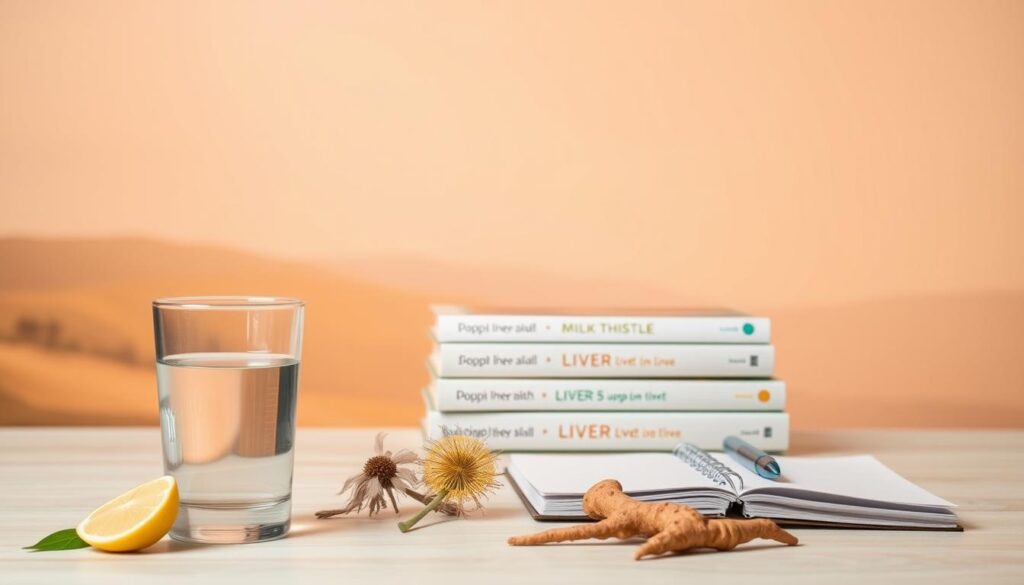
“Your health history shapes your cleanse journey—always start with expert guidance.”
Consult with a Healthcare Professional
Talk to a doctor before starting your liver cleanse program. If you have diabetes, kidney disease, or liver problems, you need to make special plans. The 2015–2020 Dietary Guidelines say to watch your alcohol intake.
Doctors are key if you take acetaminophen. Don’t take more than 1,000 mg at a time or 3,000 mg in a day. A 2017 Gastroenterology & Hepatology study says to be careful with supplements. Tell your doctor about all the medicines you take.
Dietary Adjustments
Start cutting out processed foods, alcohol, and caffeine a few weeks early. Add foods that help your liver, like:
- Leafy greens and broccoli for phytonutrients
- Avocados, proven to outperform 21 other fruits in liver support
- Beetroots rich in betacyanin
- Garlic’s sulfur compounds to boost detox enzymes
Drink water instead of sugary drinks. Add lemon juice to your morning water for extra liver support.
Hydration Tips
Drinking water helps with detox. Here’s how to stay hydrated:
- Drink 8 oz of water as soon as you wake up to start detox
- Try to drink 8–10 cups of water a day, spread out
- Avoid drinking water 2 hours before bed to help you sleep
- Drink herbal teas in the afternoon for extra hydration
A 2018 study found that exercise helps with fatty liver disease. So, drink water and do some light exercise for better results.
Popular Liver Cleanse Methods
Looking for the best liver cleanse options? Let’s explore three popular ways to help your liver. Each method has its own benefits. But, always talk to your doctor before starting.
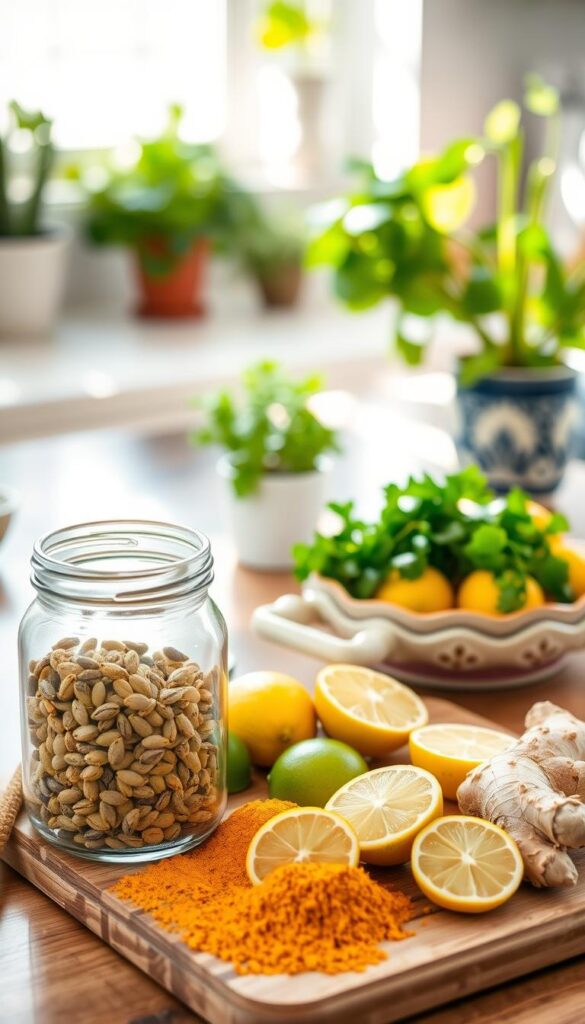
Herbs and juices can aid detox, but consistency and safety are key to seeing results.
Herbal Supplements Options
Natural remedies like milk thistle, turmeric, and dandelion root are popular. Milk thistle has silybin, which helps detox enzymes. Turmeric’s curcumin fights inflammation, and dandelion helps bile flow. Choose brands with third-party testing for quality.
| Herb | Key Benefits |
|---|---|
| Milk Thistle | Antioxidant properties and liver protection |
| Turmeric | Anti-inflammatory effects |
| Artichoke Leaf | Promotes bile production |
Juice Cleanse Basics
Juice cleanses use nutrient-rich blends. Try these combos:
- Beet + carrot: High in antioxidants
- Cucumber + apple: Hydrating and low in sugar
- Greens mix (kale, spinach): Supports detox enzymes
Fasting and Detox Programs
Fasting options include:
- Intermittent fasting: 16/8 schedule to reduce toxin load
- Water fasts: Short-term hydration-focused detox
- Commercial programs: Look for plans with medical guidance
Choose a method that fits your lifestyle. The best liver cleanse combines science-backed choices with professional guidance. Always prioritize safety and gradual changes.
Foods to Eat During a Liver Cleanse
Boost your liver cleansing diet with foods that fuel detox pathways and nourish your liver. These nutrient-dense picks make it easier to support your body’s natural cleansing process.
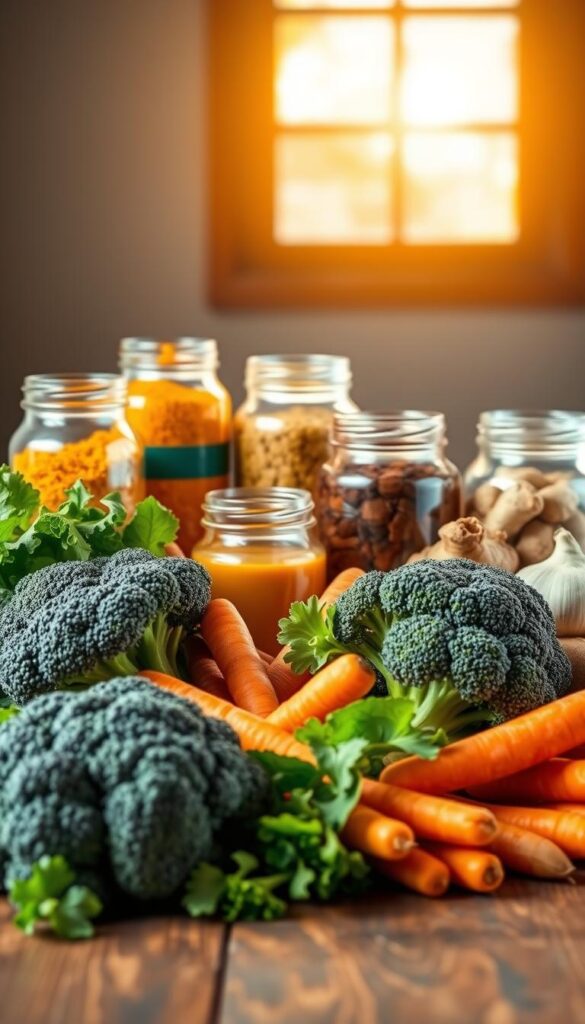
A 2020 review found green tea reduced liver enzyme levels in NAFLD patients, highlighting its role in detox pathways.
Leafy Greens and Vegetables
These veggies provide antioxidants and fiber to help neutralize toxins:
- Spinach/kale: Chlorophyll binds to heavy metals, aiding toxin removal.
- Broccoli/cauliflower: Sulforaphane boosts detox enzymes like glutathione.
- Garlic: Sulfur compounds activate liver enzymes that flush out toxins. A 2019 study linked raw garlic to reduced liver cancer risk.
| Food | Key Benefit |
|---|---|
| Beets | Betalains reduce oxidative stress and inflammation. |
| Apples | Pectin binds to toxins, easing liver workload. |
| Tomatoes | Lycopene fights inflammation and fibrosis. |
Healthy Fats
Choose fats that support bile production and reduce inflammation:
- Avocados: Rich in glutathione to neutralize free radicals.
- Walnuts: Omega-3s reduce liver fat buildup (per 2016 research).
- Olive oil: A Mediterranean diet with olive oil cuts liver fat by 15% in older adults.
Fruits and Natural Juices
Opt for whole fruits over juices to avoid sugar spikes. Try:
- Blueberries: Polyphenols cut liver inflammation (2023 studies).
- Grapefruit: Naringin blocks fatty liver disease progression.
- Green tea: 3 cups daily lowers ALT/AST levels in NAFLD patients.
Pair these foods with 3-4 cups of coffee daily—studies show this reduces chronic liver disease risks. Small steps like adding these ingredients can make a big difference in your cleanse.
Foods to Avoid During a Liver Cleanse
Following a liver cleansing diet is more than just adding good foods. It’s also about knowing what to avoid. Your liver works hard when you eat certain foods. Avoiding these foods can help your detox work better. Over 100 million Americans have nonalcoholic fatty liver disease (NAFLD), often caused by bad diet choices. Let’s look at what to skip.
“Processed foods and sugary drinks are like roadblocks for liver detox pathways.” — American Liver Foundation
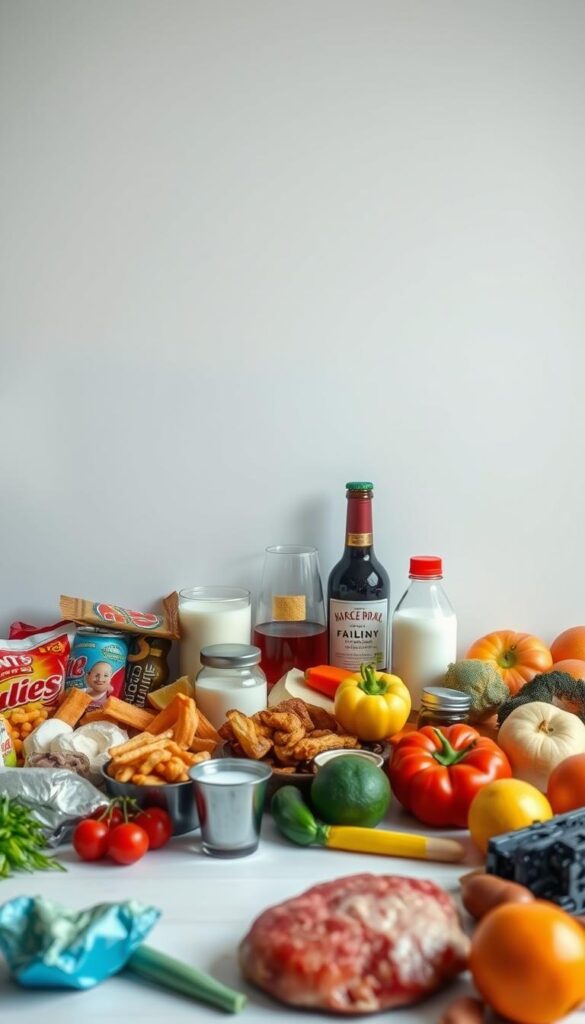
Processed Foods
- Stay away from packaged snacks, frozen meals, and fast food. They have preservatives, refined oils, and artificial additives.
- These foods make your liver work harder to process chemicals like sodium nitrite and trans fats.
S Sugary Beverages
- Avoid sodas, energy drinks, and fruit juices with added sugar. Fructose in these drinks turns to fat in the liver, raising NAFLD risk.
- Choose water, herbal teas, or infused water with lemon instead.
High-Fat and Fried Foods
- Steer clear of fried chicken, french fries, and greasy snacks. Trans fats and saturated fats cause inflammation and fat buildup.
- Opt for grilled or baked options and healthy fats like avocado or olive oil.
| Category | Items to Avoid | Impact on Liver |
|---|---|---|
| Processed Foods | Hot dogs, chips, frozen dinners | Overloads detox pathways |
| Sugary Drinks | Sodas, sweet tea | Sparks fat accumulation |
| Fried Foods | Onion rings, fried chicken | Promotes inflammation |
Stick to fresh, whole foods during your cleanse. Give your liver the break it needs. Small swaps, like swapping chips for carrot sticks, can make a big difference in your liver cleansing diet success.
How Long Should a Liver Cleanse Last?
Choosing the right time for your liver cleanse program depends on your lifestyle and goals. Short cleanses can jumpstart detox. Longer programs support deeper renewal. Let’s break down timelines and how to know when to stop.

| Cleansing Method | Duration | Goal |
|---|---|---|
| Juice-based cleanses | 3–5 days | Quick reset for beginners |
| Herbal supplements | 2–4 weeks | Targeted toxin removal |
| Dietary modification | 4–6 weeks | Long-term habit-building |
When is it time to stop? Listen to your body. Common signs of success include:
- Steadier energy levels
- Reduced bloating or stomach discomfort
- Clearer skin and fewer breakouts
“A well-planned liver cleanse program should align with your unique health needs—not just a one-size-fits-all approach.”
For those with genetic factors like MTHFR mutations or GST enzyme variations, consult a healthcare provider. Some may need shorter, slower programs paired with methylated B vitamins. Always drink 2–3 liters of water daily to aid toxin elimination.
Remember, a 40-day cleanse offers deeper renewal if your lifestyle includes frequent toxin exposure. Those already eating mostly whole foods might thrive on a 10-day cleanse. Track how you feel and adjust based on results.
Common Myths About Liver Cleansing
Many think liver detox products and extreme diets are key for health. But science debunks some liver cleansing myths. Let’s sort out truth from fiction to keep you healthy.
Johns Hopkins hepatologists advise against liver cleanses, noting they lack scientific backing and may pose risks.
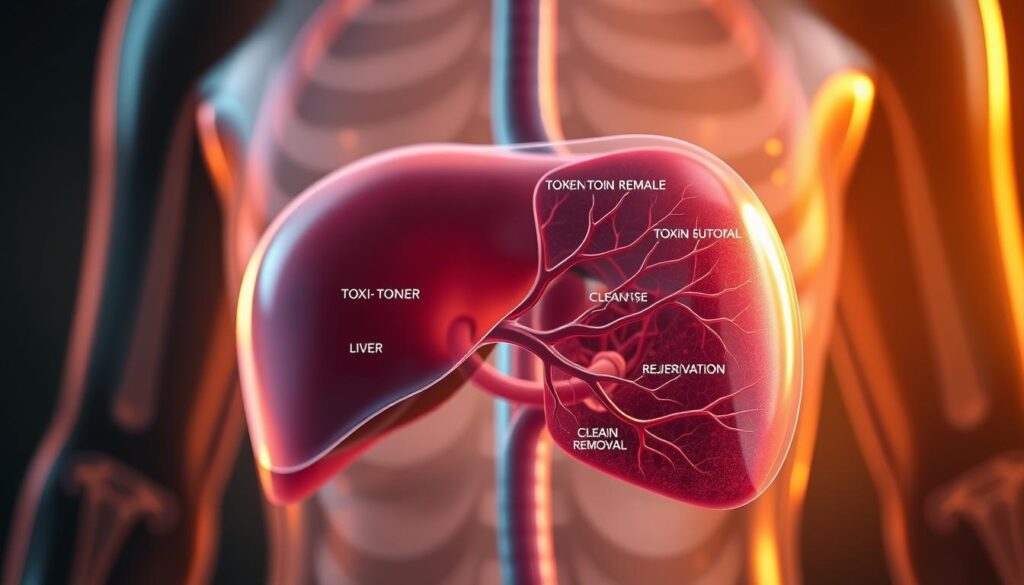
Misconception: All Cleanses Are Safe
Not all liver detox programs are safe. Here are important points to remember:
- Herbal supplements like kava or high-dose vitamins can harm liver cells.
- The FDA doesn’t regulate supplements, so quality and safety vary.
- People with diabetes, kidney disease, or existing liver issues face higher risks.
Misconception: Quick Fixes Work
Short-term cleanses can’t fix long-term damage. Here’s why:
- No evidence shows cleanses repair existing liver damage.
- Weight lost during cleanses is mostly water, not fat.
- The liver’s natural regeneration takes months of healthy habits to heal.
| Myth | Fact |
|---|---|
| Cleanses cure hangovers | Liver metabolizes alcohol at 1 unit/hour; no product accelerates this |
| Detox teas boost detox | 70% of herbal teas lack scientific proof; some may cause harm |
| Short cleanses prevent disease | Sustainable habits like exercise and balanced meals are proven to reduce liver disease risk |
Stick to science-backed steps: drink water, eat leafy greens, and avoid alcohol. Always talk to a doctor before trying any cleanse. Your liver does best with consistent care, not quick fixes.
Post-Cleanse Care
Keeping your liver health in check after a cleanse is all about lasting habits. Making small, consistent choices can make a big difference. Start by choosing nutrient-rich foods that help your body detox naturally.
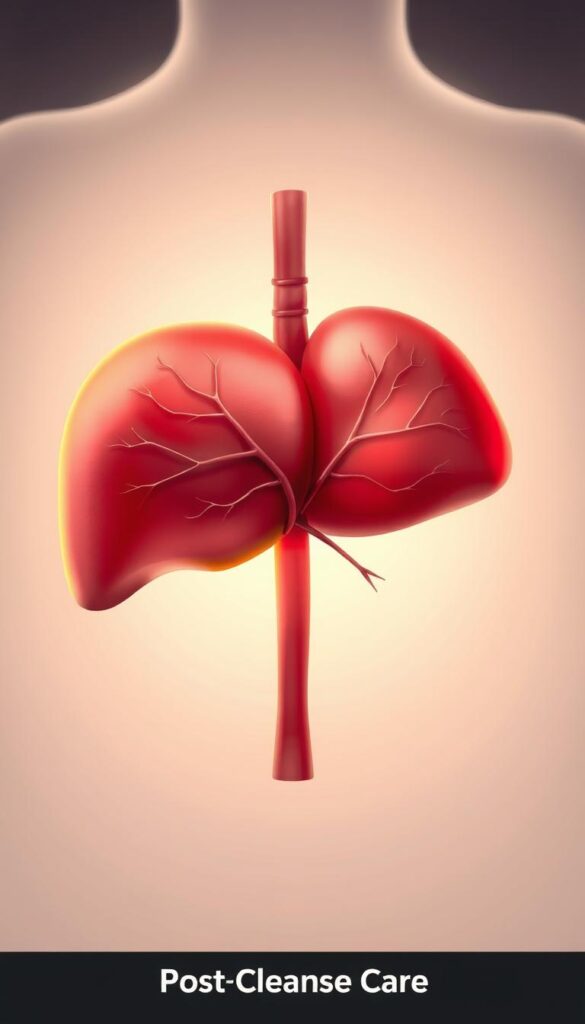
- Drink 2–3 liters of water a day to remove toxins.
- Eat 5–9 servings of fruits and veggies for fiber and nutrients.
- Include probiotic foods like sauerkraut or kefir for better gut health.
Ayurvedic wisdom says to follow nature’s rhythms. Try these routines:
| Alkaline Foods | Acid-Forming Foods |
|---|---|
| Leafy greens, lemon water | Moderate intake of grains, meats |
Keep an 80/20 ratio of alkaline to acid foods for energy balance.
Start with 20-minute walks, then try yoga or light workouts. Pair exercise with activities like journaling or meditation to lower stress.
Don’t skip meals to keep your metabolism up. Eat every 3–4 hours with meals like lentil soup or roasted veggies. These habits will protect your liver health and boost your overall energy.
“Small daily choices create lasting liver wellness.”
Conclusion: Embrace a Healthier You
Your liver does a lot every day. It filters toxins and helps you have energy. To keep it healthy, make small, good choices every day.
Final Thoughts on Liver Health
A natural liver detox is a way of life. Eat foods like leafy greens and cruciferous vegetables. They help your liver detox.
Drink lots of water and try herbal teas like green tea. They have antioxidants that protect your liver. But don’t eat too much processed food, alcohol, or sugary drinks. They can harm your liver.
Supplements like milk thistle or turmeric can help. But always talk to a doctor before taking them.
Encouragement to Start Your Journey
Start with little changes. Eat berries instead of sugary snacks. Take a 10-minute walk after meals. Drink water all day.
Even small changes help. Try drinking less alcohol or cooking with olive oil. Regular health checks are important too. A healthy liver means better skin, more energy, and overall health.




